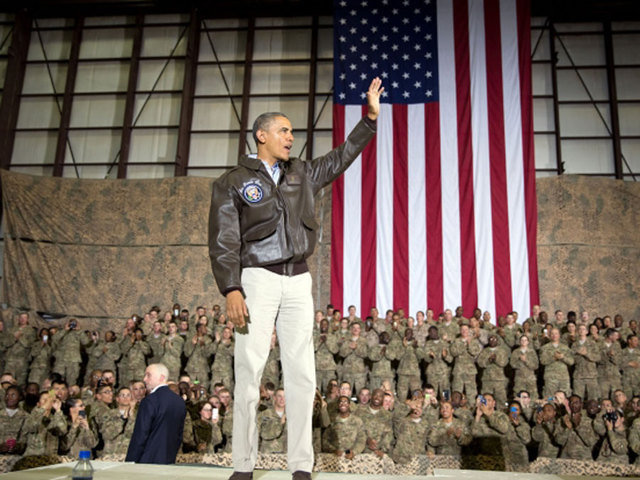So What Follows Obama's Decision Not To Withdraw Troops From Afghanistan
President Obama

NEW DELHI: This week, US President Barack Obama announced that the United States will keep thousands of troops in war torn Afghanistan through till the end of his term in 2017. The decision marks a major reversal of U.S. policy, with one of Obama’s key commitments having been the end of the war in Afghanistan and bringing U.S. troops home.
In a brief statement from the White House, President Obama -- who had recently declared “the light of a new day on the horizon” in Afghanistan -- said that “I will not allow Afghanistan to be used as safe haven for terrorists to attack our nation again.” U.S. troops, the President reasoned, were vital to the security of the United States and Afghanistan, where the Taliban-led insurgency has gained momentum recently.
The Afghan government welcomed the decision. The move would help "stability" in Afghanistan, the government said in a statement.
The decision comes in the wake of a major development -- the capture of a key city by Taliban forces. The capture of the city is the Taliban’s most decisive victory since the fall of their government in 2001.
The indication that the US was revising its withdrawal strategy came when U.S. Army Gen. John Campbell presented the option of keeping the current U.S. presence at or near 10,000 to the Pentagon and NATO. The other three options were reducing it slightly to 8,000; cutting the force roughly in half; and continuing with current plans to draw down to a force of several hundred troops by the end of 2016.
The decision to keep US troops in Afghanistan also comes as the country sees an upswing in violence, with recent UN report noting that the war in Afghanistan is killing or wounding increasing numbers of civilians, with women and children showing the sharpest rise in casualties. Figures for the first six months of 2015 put the year on the path to become the worst year yet in Afghanistan in terms of casualties.
Further, the latest developments follow a huge blow to a nascent peace dialogue. The Taliban had agreed -- for the first time in 13 years -- to talk to the Afghan government, in a negotiation brokered by neighbouring Pakistan. The talks collapsed over news of Taliban leader Mullah Omar’s death, with the rapprochement of ties between Afghanistan and Pakistan taking a major blow as result.
In the weeks that have followed, the side that has opposed talks and negotiations with the government seems to have swelled, with the Taliban stepping up the violence. The latest news that the US is continuing to keep troops at current numbers in Afghanistan will further the gap between the militants and government, with the former vowing to drive out American presence in the war torn country.



